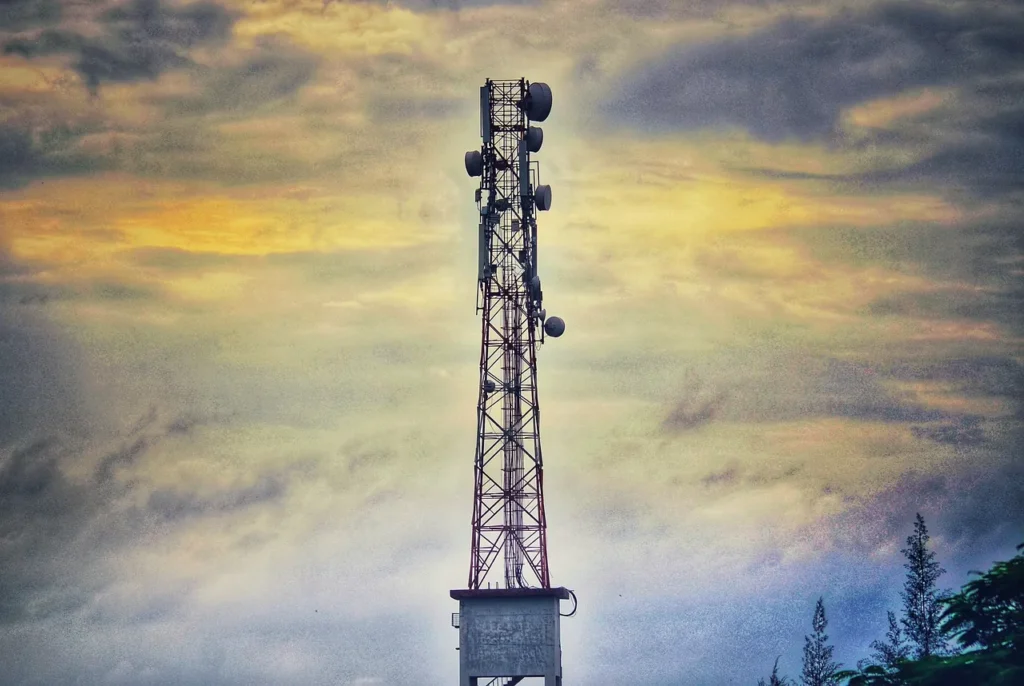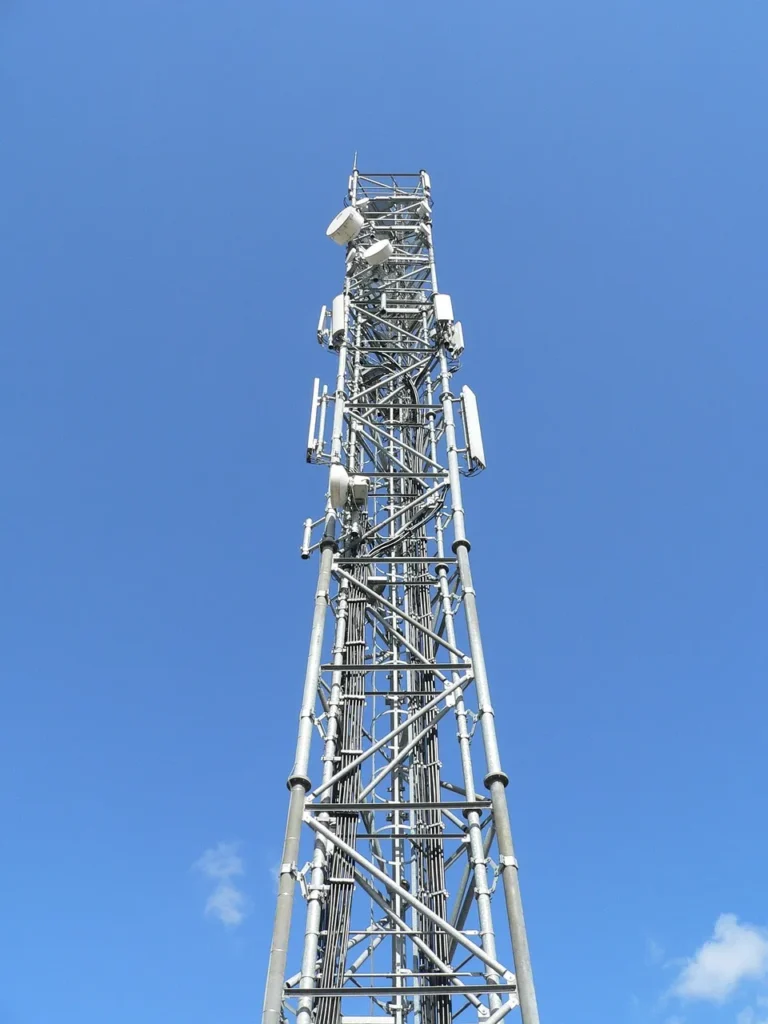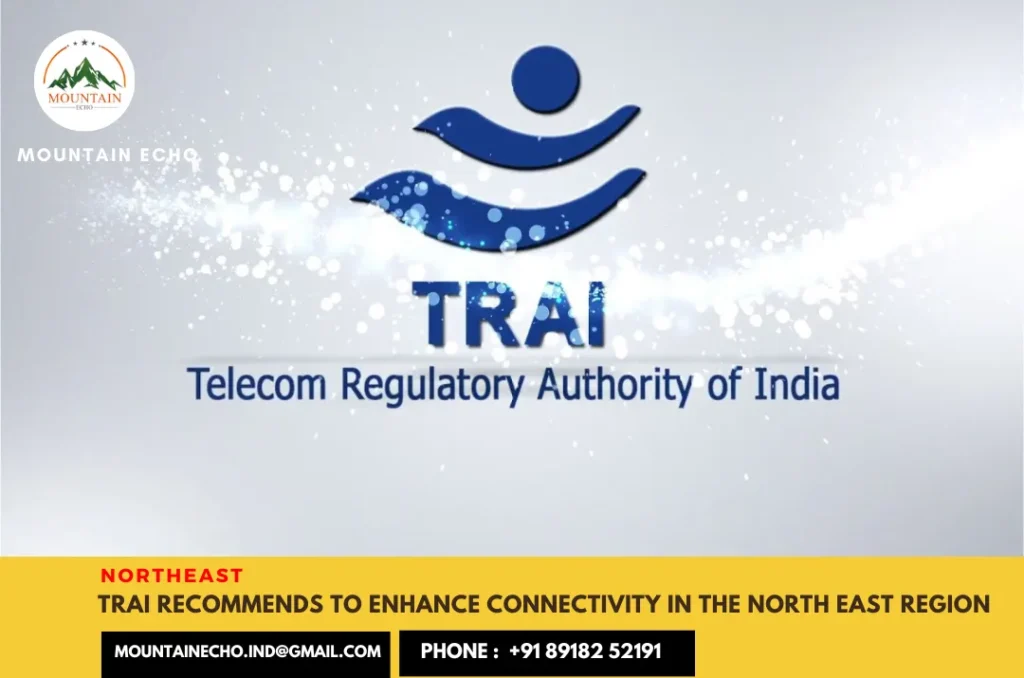TRAI recommends to Enhance Connectivity in the North East Region
TRAI (Telecom Regulatory Authority of India) has provided suggestions to strengthen the telecom network in the North East on 23 September. They propose that the state governments should discuss and align their “right of way” policies with the central regulations. Additionally, TRAI recommends prioritizing the supply of electricity to telecom sites at standard utility rates.
TRAI has noted that despite the number of initiatives taken by the government for improving telecom connectivity in northeast, it still lacks fixed broadband connectivity and high speed mobile based internet. This is due to the insufficient transmission bandwidth (Microwave, Optical fibre and Satellite).
The northeast region continues to struggle with the digital divide due to various reasons like poor availability of power supply, poor return of investment prospects for TSPs, transmission media related limitations and right of way (RoW) related issues, as per release by TRAI in a press conference.

The average tele density of India is 84.46 per cent while Assam tele density is 71 percent. The other northeast licensed service area which constitutes of six states of Nagaland, Manipur, Mizoram, Arunachal Pradesh, Meghalaya and Tripura is 79.6 per cent. This digital divide slow-down the socio- economic growth of the region, creates a development gap between northeast region and the rest of the country. It also restricts the access to many essential services and information.
To overcome this, the sector regulator has created its recommendations. These recommendations are designed to improve the telecom infrastructure in the area, narrow the digital gap, tap into economic opportunities, address geographical hurdles, promote cooperation, and safeguard national security. This will strengthen the telecom backbone in the region. It will enable seamless communication, effective border coordination and efficient surveillance.
TRAI has recommended a five-year exemption from Right of Way (RoW) charges in rural, tribal, and hilly areas. They also propose waiving the additional 25% ‘Tribal Development Charges’ imposed on telecom service providers (TSPs) in the Northeastern states, including Sikkim. Furthermore, TRAI suggests creating policies to streamline the process of granting environmental clearance for TSPs to install mobile towers and DG sets at tower locations.

TRAI has suggested that state governments should prioritize providing electricity to telecom sites, ensuring a connection request is fulfilled within 15 days at Utility/Industrial tariff rates. They also propose either waiving or subsidizing the installation charges for extending electricity to remote and hilly areas. TRAI recommends that the State Electricity Regulatory Commissions (SERCs) should specify utility tariffs, which should be lower than industrial tariffs, and apply these tariffs to Telecom Service/Infrastructure Providers.
Furthermore, TRAI suggests that the Central government should offer financial aid to states, particularly in the North Eastern Region (NER), to support village-level government institutions in acquiring BharatNet connections, obtaining digital communication devices, and covering monthly usage charges for connectivity. The grant should be divided into a 25:75 ratio, with 25% allocated for digital communication devices and 75% for connectivity and usage charges payable to BSNL (Bharat Sanchar Nigam Ltd).
TRAI also recommends that BSNL should generate a consolidated monthly bill for each State, only for connections with incremental meter readings or data usage during the month. The State Government should make centralized payments to BSNL, ensuring there are no delays due to verification processes.



